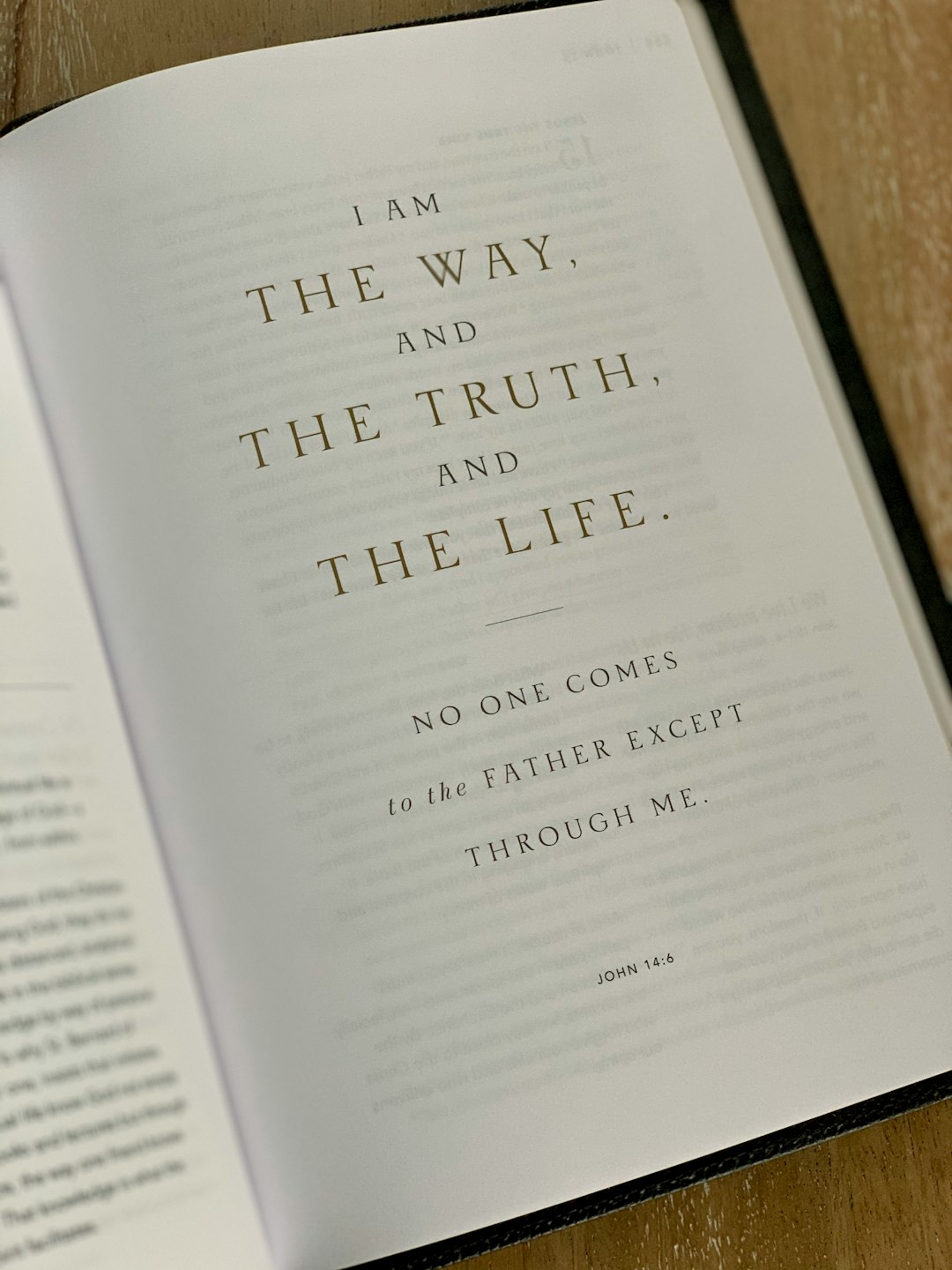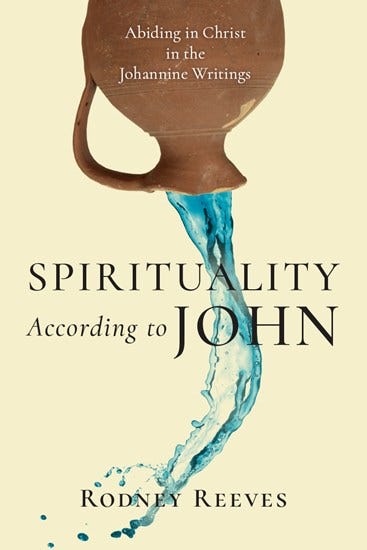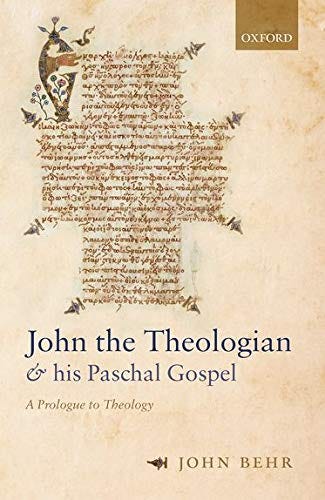Why I Like Teaching the Gospel of John

John is clearly a unique voice in the New Testament, a distinctive witness to Jesus, rooted in a particular mode of testimony, and the book breathes its own special theological atmosphere.
Jesus is the Word made flesh, the Good Shepherd, the Son sent by the Father, and Jesus is the Christ. There’s no transfiguration because the whole book sees Jesus as the fleshly transfiguration of divine glory. There are no sacraments, Jesus is never baptized and Jesus does not institution the Lord’s supper, because the book is about Jesus as the prime sacrament.
It is a big book of faith. John says that Jesus’ signs lead to faith, but the signs are an insufficient basis for faith. Faith, it goes, means eating and drinking Jesus’ flesh and blood. John’s Gospel is trying to say, “we have seen his glory, the glory as of a father’s only son, full of grace and truth.” Faith is believing that Jesus is God’s Son and whoever believes in the Son believes in the Father.
I teach a lot on the Synoptic Gospels, which always feels like a detective story, following Jesus and picking up the clues he leaves behind, kingdom of God, exorcisms, sermon on the mount, passion sequence, and more.
I teach a lot on Paul, and Paul feels like a UFC cage fight, there is the Protestant Paul, the New Perspective on Paul, the Apocalyptic Paul, and Paul within Judaism. It feels like a four-way fist fight and there’s some skin in that game.
John artfully constructs an evangelical story, filled with miraculous signs, challenging encounters, symbolic speech, and storied tension to touch the imaginations of readers and to help them see and understand what it takes to become a disciple by abiding in Jesus.
That’s why John is my happy spiritual place away from the factions and confrontations of the academic arena with its haggling over detail and ferocious debate. And that’s only to begin with …
For me, John’s Gospel is like spending a week at a Monastic retreat center. The main focus is not academic, but spiritual formation. Yes, it’s about learning, but it’s learning to believe better, learning to love more purely, and learning to do as Jesus did.
As everyone has said since Origen, John is the spiritual gospel, it is the gospel at spiritual depth. It means resting from your work and leaning into Jesus! Yes, there is a lot of scholarly stuff you can cover here and I do that too, but all of that recedes into the background once you get into the story and the glory of God’s only begotten Son who is God’s love gift to the world.
The goal of reading John - preferably reading John with others - is not just knowing things about Christ, but abiding in Christ, feeding on Christ, and resting in Christ.
If you’re interested in that, let me recommend two fairly recent books:
First, Spirituality According to John: Abiding in Christ in the Johannine Writings by Rodney Reeves. I’ve just started reading this book and it does not disappoint!
Here’s the blurb:
Rodney Reeves combines exegesis with spiritual reflection to explore how the only biblical writer to employ three different genres presents a consistent vision of Christian spirituality. Rather than focusing on detailed instructions, John uses evocative metaphors and illustrations so that readers can envision how to follow Jesus—as disciples, in community, and even at the end of the world. Filled with stories and implications for today's readers, Spirituality According to John provides an accessible introduction to the rich spiritual world of the Johannine literature that makes up much of the New Testament. In John's era and now, anyone who has ears to hear can learn to truly abide in Christ.
Second, something I’ve only glanced at but am hoping to get into more is John the Theologian and his Paschal Gospel: A Prologue to Theology by John Behr.
Behr is an Orthodox Priest and This book brings three different kinds of readers of the Gospel of John together with the theological goal of understanding what is meant by Incarnation and how it relates to Pascha, the Passion of Christ, how this is conceived of as revelation, and how we speak of it. Behr reads John’s Gospel with three different imagined readers: church fathers, modern scholars, and a French philosopher!
What about you? Why do you like and enjoy the Gospel of John?




What a wonderful reminder- to not only study the gospels to know more about Jesus- but to feed on Him, rest in Him, abide in Him. Thank you, Michael. I needed to hear this- I put aside devotional reading as of lesser value- in order to study more- but both have value.
First, thank you for recommending two books that will help in furthering our understanding of the book. I really enjoyed your insights! I have always loved John's focus on the messianic mission of Jesus as well as the seven signs pointing to his deity. Köstenberger grabs my attention 1) by proclaiming Jesus's fulfillment of the symbolism inherent in Jewish festivals and institutions. 2) and his statement that John does not teach the church replacing Israel, but Jesus as Israel's replacement. And who can forget that first verse I memorized, John 3:16 or John 20:31.